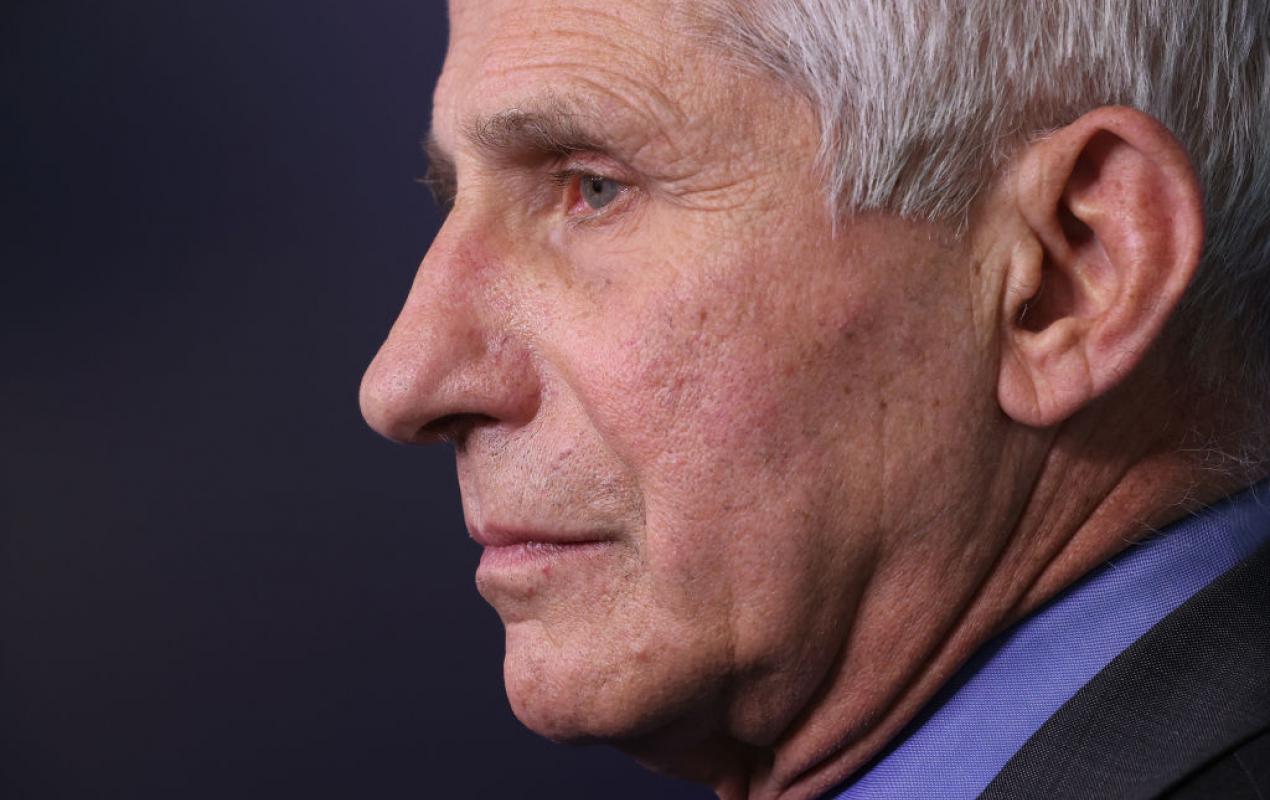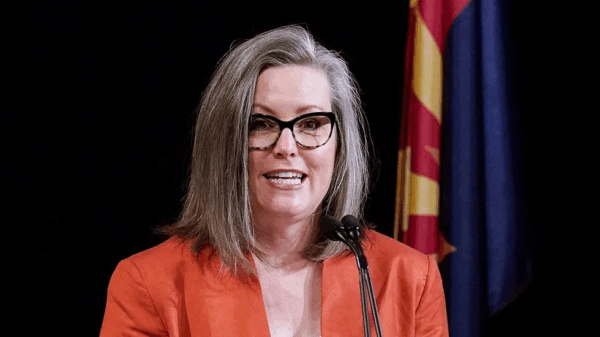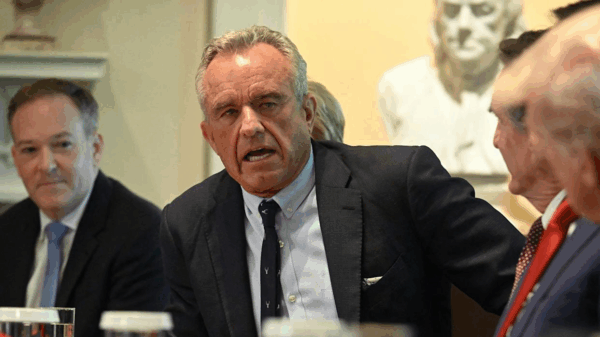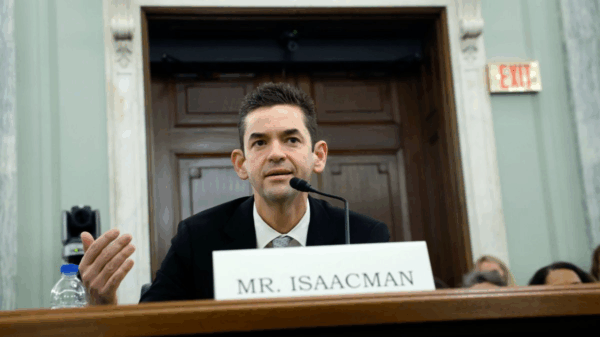Two months ago, Florida led the nation in COVID-19 positivity rates and per capita hospitalizations and deaths. Now, the state has the nation’s lowest positivity and death rates.
Gov. Ron DeSantis attributes the turnaround – part of a sustained nationwide trend – to the state’s aggressive vaccination outreach, creation of monoclonal treatment centers and its “data-driven approach free of mandates.”
Most public health officials, however, say the pandemic’s wane across much of the country, especially in areas such as Florida that saw significant summer surges, is following an increasingly familiar two-month cycle and has nothing to do with government policies, one way or another.
Good point, DeSantis’ office agreed, noting Florida’s positivity, hospitalization and death rates are below those of New York and California, where governments imposed business shutdowns and mask/vaccine mandates.
During the peak of July-August’s COVID-19 surge, Florida was recording 101 cases per 100,000 people and 1.77 new deaths per 100,000 people, both among the nation’s highest tallies.
Instead of buckling to demands to tighten restrictions on businesses, schools and social activities, DeSantis doubled-down on his approach to use executive power and a legally-challenged expansion of state regulatory authority to ban mask and vaccine mandates and penalize entities, including, perhaps soon, private businesses, that violated the policy.
The governor argued the spike was seasonal and would wane. He said vaccinations, monoclonal treatments, and controversially, “herd immunity,” would gradually prove to be the winning ticket in defeating the pandemic – and would do so without business shutdowns and public mask mandates that disrupt everything from the economy to public schools.
DeSantis’ stand now appears insightful, or at least providential, because while case counts, hospitalizations and deaths attributed to COVID-19 have declined nationwide since mid-September, they’ve dramatically plummeted in Florida over the last month.
According to the federal Centers for Disease Control & Prevention (CDC), over the last 14 days as of Thursday, Florida is recording 8 cases per 100,000 people, a 38% decline from the previous two-week period, and 0.1 deaths per 100,000 people over the last week. Both are the nation’s lowest rates.
“Without mandates or lockdowns, COVID-19 cases in Florida have decreased 90% since August,” DeSantis said in a statement. “In addition to cases, hospitalizations have plummeted in our state. This has been accomplished by making monoclonal antibody treatments and vaccines widely available throughout our state while protecting Floridians from government overreach.”
DeSantis’ office noted Florida’s numbers are better across the board than states that imposed business lockdowns and other restrictions.
“As Florida now ranks lowest in the continental U.S. in terms of COVID-19 rates per capita, we are proud to have stood firm in protecting liberty throughout the pandemic,” Lt. Gov. Janet Nuñez said, praising DeSantis for an approach “guided by science, data, and pragmatism, not fear and alarmist narratives.”
According to the Governor’s Office, since opening 25 state-run monoclonal antibody treatments across the state beginning in August, more than 147,000 Floridians have received treatments and hospitalizations have decreased 87%.
Since June, vaccination rates among 12-19 year olds have increased by 27%; 20-29 year olds by 18%; 30-39 year olds by 20%; 40-49 year olds by 19%; 50-59 year olds by 15%; 60-64 year old by 11%.
The number of people vaccinated grew by 74,850 over the last two weeks, meaning about 13.865 million Floridians, about 73% of the state’s eligible population, have been vaccinated.
COVID-19 cases in school-aged children have decreased 87% since schools started and cases among 18-24 year olds decreased 93% since August, the Governor’s Office said.
Alabama, Georgia, Louisiana, South Carolina and Texas – all of which saw cases surge during the July-August “fourth wave” of the pandemic – have also seen significant declines since early September.
![]()





















